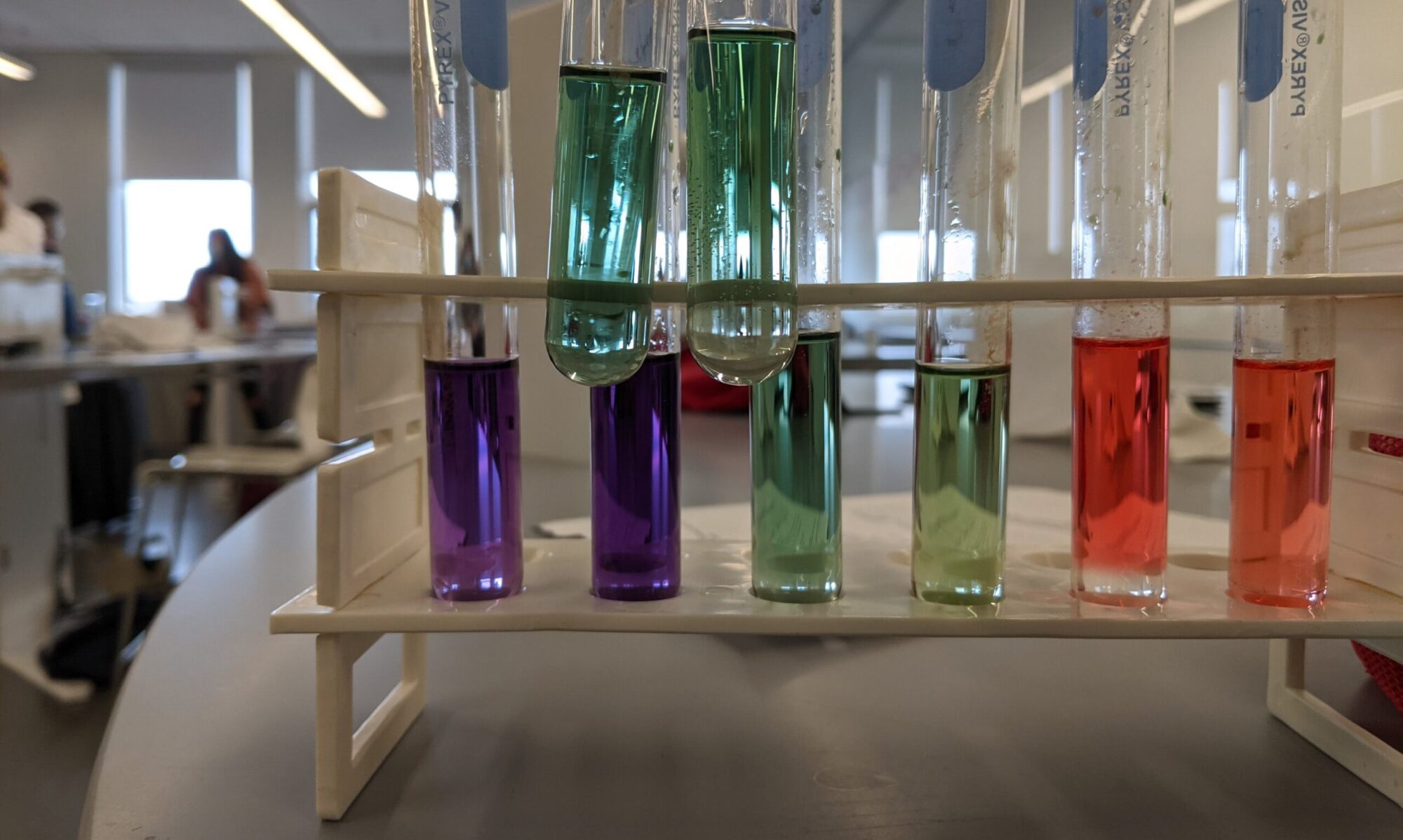Originally written in 2010, but still holds true.

About a year back, we purchased a GPS for our car. It is so convenient, especially when travelling out of town, or even to a new place here in Montreal. Of course it is more of a toy than a necessity. I travelled a lot before we had the GPS. I got around fine. Of course there were times when I got lost, especially in big cities. But that was part of the fun, part of the exploration. I could say: that city is easy to get around, while that one is terrible – once you get into a neighborhood, there’s no way out. But now with a GPS, it is very rare that I get lost. Of course, Montreal is really hard to get around with the terrible signs pointing right, when they mean to get off on the left, “no entrance” signs everywhere, just a really messed up city; so I still get lost once in a while, but it’s so so easy to get out of a bind with the GPS right at my finger tips. I just have my GPS “Karen” with her Australian accent telling me where to go – it’s all good. Safe and very convenient.
Prior to my GPS purchase, when travelling to a new address, I had to look at a map before hand, memorize the location and the way to go, and then visualize the way in my mind. I think my mind works very visually in a situation like this, because I would literally rotate the map in my mind, trying to figure out where to go next. If the way to go was especially hard, I would have to refer to the map along the way. However, more often than not, I would almost always try to memorize the location from start to end before I started driving. It was a nice process, and it would be a challenge for me, kind of like a puzzle. I loved maps ever since I was little, and this would give me a reason to look at maps, read them, memorize them, and then get a feel for the land, and how its all organized. I would actually visualize the area: “this street leads to this landmark, and if I go there, it will take me in that direction, and I can try going right then left, and I’ll get there but a street over, etc.” I guess it made me feel a bit like a bird, where I could see everything from above, and really have a feeling where I am.
After that whole process, I would be able to repeat the same route on another day, without looking at the map. It would stick with me almost forever. Slowly but surely I would start getting a feel for the area, and I would map it out in my mind. If exposed enough to different places in the particular neighbourhood, I would understand it perfectly, and I would become an expert at the particular set of streets.
Now, with my GPS helper, I am incompetent at finding anything, even after I travel to the same location on several occasions. I know I can’t repeat the journey on my own next time around, without my GPS or at least a map. I feel really helpless without my GPS “Karen”. I have absolutely no feeling as to the neighbourhood, which way I need to go in order to go closer to home, etc. I follow her instructions mindlessly, and she always leads me in the right direction. It’s full proof. I feel completely safe with the GPS, but at the same time I feel completely helpless. Also, I feel like now the GPS is a necessity, especially when travelling to a new city. Sometimes I don’t understand how I ever survived without the GPS.
Recently when tutoring a student, I thought that I am like the GPS – but if this is so, I am doing a disservice to my students.
I have tutored for many years. I consider myself and expert tutor. In fact, I have many success stories, students really improving under my guidance. But I think I had just as many failures. Students barely passing, students still doing just as bad as before. What am I doing wrong?
Students love me. They always return to me, and beg for more. As I set up appointments at the beginning of the year, I get filled up right away. In fact, I overextend myself just to keep up with all the appointments, all the students that want my services, students wanting multiple sessions, etc.
After each tutoring session, I feel we accomplished a lot in terms of understanding concepts, bettering their abilities. And half the time, the students come back next week or in a couple of days, just as happy with me, but not as happy with their test results. What’s wrong? Did my sessions not help? Or would the students just do way worse without my tutoring?
I feel a sense of obligation for all of them to at least improve a bit, since they all pay me good money to see me for an hour. However, some of them don’t improve at all, even with my guidance. I realized that I must be a GPS of sorts for some of the students.
I read somewhere in a reliable source that students that get tutored on a one to one basis really understand concepts much better than students that don’t have the same opportunity. But why then do all my students not succeed? There’s a few factors I isolated when talking to my students to find out where they feel the flaws lay. Here is a list of some of the ones I heard:
1. Testing taking ability. Students blank out during a test. They know the concepts before the test, but then blank out during the test. I heard this one very often, and even recently read about it in Scientific American Mind…
2. The tests are very hard, or tested things that were nothing we learned about. When students bring back the test to go over it with me, I find that sometimes the concepts on the tests were never discussed in the notes or with me. However most of the time, the students do not see the connection, while it is obvious to the teacher or me. I guess that’s a different level of understanding…
3. The students make silly mistakes on the test, making them lose many marks, ultimately costing them a good grade. This is one of the reasons tutors like me are not always good. We fix our students mistakes as they happen, not realizing that the students themselves need to learn to do this on their own in order to succeed…
4. The students complain that they understand the concepts while their studying with me, but when they try the same type of concept at home or at school, they forget it. This is where I think I am the GPS for the students. They don’t internalize the concepts, they don’t figure out the concepts on their own. They just have a guide – me – leading them along…
Making careless mistakes:
When I tutor, I look at what the student is doing in real time. Which means that if they make a small insignificant error (like changing a plus to a minus for no reason at all), I correct them right away. This leads us to the right answer. Their understanding of the concept is correct, and who cares that they messed up on a small little careless mistake. But that doesn’t help them get better at noticing these mistakes. On a test, I won’t be there to correct their silly sign change, or omission of some brackets. And then of course they’ll mess up. The concept understanding is there, but they can’t demonstrate it if they make a silly mistake.
Students need to practice on their own in order to catch their own mistakes. I can’t be there to catch them on every little thing they do wrong. They need to make the mistakes and then figure out that they did something wrong. They need to learn how to catch themselves, otherwise they can’t succeed on a test.
I don’t realize how important this little thing is. By correcting their small mistakes, I am teaching them to rely on me. And of course their understanding of the concepts is there, we get to the answer – it’s full proof like the GPS, but the little mistakes can make or break a test.
I have to hedge my “instant” corrections, let the students see their own mistakes. Sometimes I make a game out of it: “You made a mistake, try to find it.” Then I show the student that I’m still paying attention to what they’re doing and that I’m not oblivious to the material, but still allowing them to be their own corrector / editor.
Teaching brand new concepts:
When teaching a brand new concept, or one that is completely foreign to the student, I feel completely like a GPS. If time permits (and this is a very bid “IF”, when you have just an hour a week with a particular student), every similar problem we do takes me further away from the GPS role and closer to a passive observer.
I have perfected this as a teacher, and I bring it into the one to one scene of a tutoring session. I think this is what makes me a very good teacher/ tutor. After the full process, the students feel confident with the material on their own, without me present. I know how to become that passive observer quickly, but I allow the time for them to get accustomed to the concepts with me leading them along.
Where the tutoring has its downfall is the time. There is just not enough time, if the concept is in depth or complex, to teach the whole thing from start to finish, from GPS assisting capabilities to passive observer. Some students don’t realize they need all the stages of this instruction process, so we continue, fast and faster to get through their whole week of questions. Then when they try the concepts at home or at school, they are lost, just like I would be without my handy-dandy GPS on the road.
Most concepts need to be internalized by the student, must be mapped out on their own terms. Placed in spots in the brain where the student can relate. With one pass at a concept, especially with a teacher right there helping them along, this cannot be accomplished. In this situation, I am an exact replica of the GPS.
I really need to be careful when I teach / tutor my students not to be the GPS. Teaching is not about leading the students along a concept… a computer could do this. It’s about allowing the concepts to be internalized. About reading the student, figuring out how much leeway to give. How to dissociate yourself from the student, letting them be the doer, give them the control. Just supporting them where support is needed and only if it is absolutely necessary.
Otherwise, I am doing more harm than good. I am letting the students think that they understand, giving them confidence and then letting them ultimately fail…

